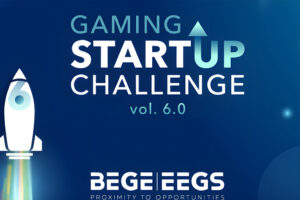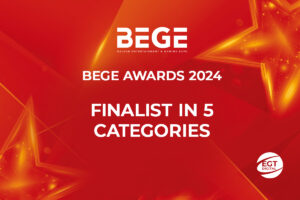Gaming industry grows in Sweden
The local gaming regulator released the first half of the year results, where local and international operators grew their numbers.
Sweden.- The Swedish gaming regulator, Lotteriinspektionen, released the first half of the year’s results, which indicate a warmish growth for both national and foreign operators. Total revenue for the gaming market reached US$1.3 billion during H1.
Local operators managed to increase the market by 3 percent when compared to the same period in 2016. However, international operators surpassed those numbers by a milestone as revenue grew 17 percent during the six month period. Total revenue reached US$1.3 million, a 3 percent increase, whilst Swedish operators took a share of turnover at US$1 billion after net income, and foreign operators achieved the other US$339 million.
iGaming monopoly under control of Svenska Spel reported mixed results: the largest operator in the country experienced a decrease in overall turnover of 2 percent to US$540 million, but it should be noted that 2016 included the Euro 2016 football competition, which saw a large increase in sports betting revenue across the European industry. Online gaming and land-based sales increased by 12 and 5 percent respectively.
Last month, Lotteriinspektionen released a report on the industry that showed that unauthorized activities tend to achieve better results than legal operations. However, international operators seem more likely to offer their platforms without the proper license. As the gaming industry grows, so does the illegal operations. moreover, the national authority estimated the average amount bet per resident is US$266.
According to the regulator, illegal operations represented 23 percent of total iGaming revenue in 2016. In total, the unauthorised platforms generated US$629 million in 2016, whilst the whole market reported a total of US$2.7 billion in the same period. Based on the official report released by the lottery entity, unauthorised casino and betting activities in the country have risen up to 57 percent during the 2012-2016 period.
Furthermore, a new framework for the gaming industry in Sweden was introduced in August and it could soon end the iGaming monopoly under the control of Svenska Spel. The updated legislation could take effect by 2019 modifying the current regime, although legislators are set to carry out further debates on the issue.








